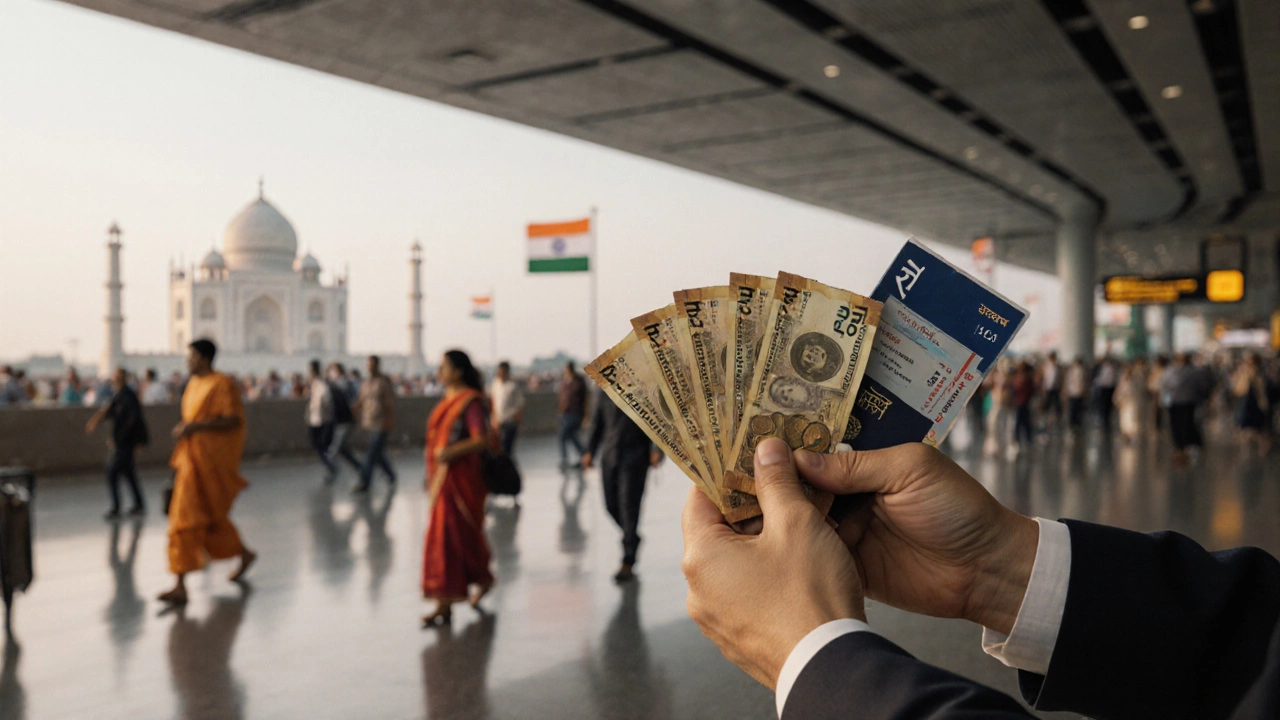SEARCH
Digital Payments India: A Practical Overview
When talking about digital payments India, the shift from cash to electronic transactions across the country. Also known as cashless payments, it covers everything from QR‑code scans at a street stall to bank‑to‑bank transfers on a smartphone. This ecosystem is built around Unified Payments Interface (UPI), a real‑time payment system that lets users move money instantly between banks. Mobile wallets like PhonePe and Google Pay sit on top of UPI, offering a single app for shopping, bill payments, and peer‑to‑peer transfers. The Reserve Bank of India (RBI) regulates the whole framework, ensuring security, setting standards, and promoting financial inclusion. Together, these pieces create a network where digital payments India enables faster commerce, reduces fraud, and expands access to banking services.
Key Components Shaping the Landscape
The backbone of the system is UPI, which requires a linked bank account, a mobile number, and a PIN. It connects banks, merchants, and consumers in a single interoperable platform. Fintech startups leverage this API to launch innovative services—like instant credit, micro‑investments, or QR‑based loyalty programs—that drive user adoption and expand the range of digital products. Near Field Communication (NFC) adds a layer of contact‑less convenience, letting users tap their phones or cards for quick payments at metros and retail stores. Meanwhile, the RBI monitors transaction limits, sets compliance rules, and runs security audits to keep the network trustworthy. All these entities interconnect: fintech builds on UPI, NFC relies on secure tokenization overseen by the RBI, and mobile wallets bundle these features into user‑friendly experiences.
Understanding this web helps you make smarter choices. If you travel across India, know that most merchants accept UPI QR codes, so a simple scan can settle a bill without cash. For everyday budgeting, mobile wallets let you track spend, set alerts, and even earn cashback—useful when you’re watching travel costs like flight tickets or hotel bookings. Businesses benefit from the low‑cost settlement of UPI, which cuts down on merchant fees and speeds up cash flow. And because the RBI enforces strict security standards, you can trust that your money stays protected, whether you’re paying for a street food snack in Delhi or booking a luxury train ride from Mumbai to the Himalayas. Below you’ll find a curated set of articles that dive deeper into topics such as budgeting with digital wallets, safety tips for online transactions, and the future of fintech innovation in India.

Do I Need Cash in India? A Practical Guide for Travelers
Discover whether you need cash in India, where it matters, digital alternatives, ATM tips, and a practical checklist for safe, hassle‑free travel.
Continue reading